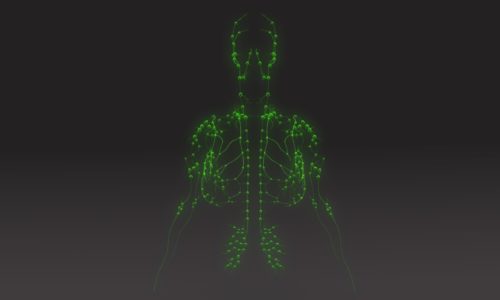Hiatal Hernia: Causes & Symptoms |
Dr. Michael Gonzalez Ramos, General Surgeon with Baptist Health South Florida, explains with a graphic how a hiatal hernia is caused and how it looks like.
He explains this type of hernia is more complicated because it can’t usually be seen on the outside. It occurs in the diaphragm.
Hiatal hernia is very painful, patients get chest pain, reflux and heartburn. This hernia affects quality of life and patients should be referred to a surgeon for evaluation.
Transcript
We have a 3D image actually for our next hernia which is a hide hiatal hernia. This one’s a little more complicated, is that correct? > Yeah this is definitely a lot more complicated this is a hernia you can’t usually see on the outside, as you can see from the graphic this hernia is it occurs to the diaphragm, and diaphragms our breathing muscles which separates the chest from the from the abdomen and as we can see in the graphic the stomach here is herniating up into the chest. So this is actually part of the stomach and this would be a type one sliding hiatal hernia. > And that’s that’s painful… > It’s painful patients get chest pain which can be sometimes confused for a heart attack, they get a lot of heartburn and reflux. > So are those just some of the symptoms for the hiatal just some of the symptoms or there can be more complex symptoms especially as the hernias get bigger. > So as with the other hernias you explained a little bit about what can cause them for a hiatal hernia how would a patient know that they have this in their body. > I mean the patients that in the beginning when the hernia small log edges mild symptoms they’ll get a lot of heartburn, a lot of reflux, a lot of times those symptoms can be controlled with medications not necessarily surgery. As the symptoms progressed though atypical chest pain, again can be confused with heart attacks, and down the line more serious symptoms or difficulty swallowing, regurgitation, and then these patients start losing way they have a lot of issues eating. > That’s a very big interference with quality of life it definitely affects their quality of life and these patients should be referred to a surgeon for evaluation.








